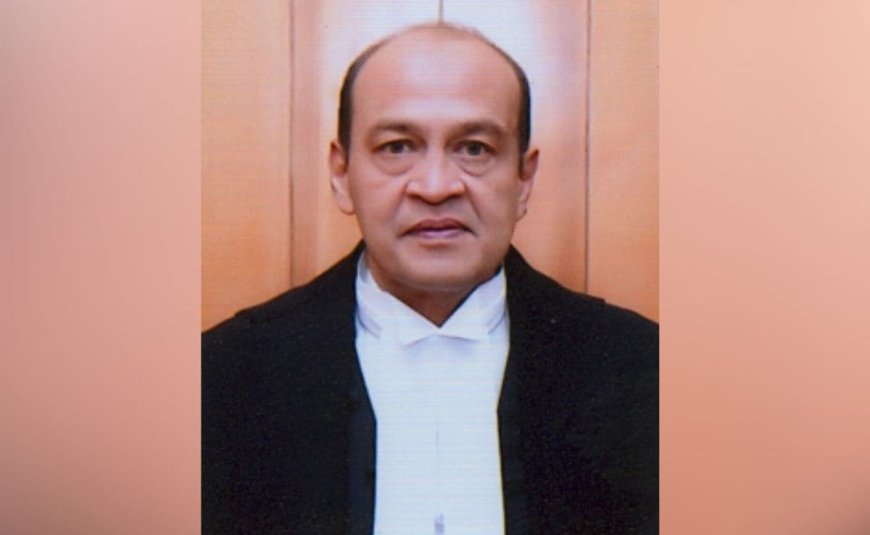No Judicial Work To Judge In Cash Row: Top Court Tells Allahabad High Court
The Centre today confirmed the Supreme Court collegium's decision to transfer Delhi High Court judge Justice Yashwant Varma, who is in the middle of an alleged cash stash row, to the Allahabad High Court.

No Judicial Work To Judge In Cash Row: Top Court Tells Allahabad High Court
In a significant ruling, the Supreme Court has directed the Allahabad High Court that there should be no further judicial work concerning ongoing investigations into cash-related allegations. This decision comes in light of an ongoing investigation that has raised questions regarding the integrity of judicial proceedings related to financial management and accountability.
Background of the Case
The decision stems from concerns both about the transparency and the appropriateness of judicial actions connected to the cash row. High-profile cases like this often attract public scrutiny and can have an impact on the trust in the judicial system. The Supreme Court emphasized that the judicial processes must not be jeopardized by potential conflicts or appearances of bias amid the investigation.
Supreme Court's Position
With this ruling, the Supreme Court has reinforced the notion that any ongoing judicial work should be paused until clarity is achieved on the matter. This move aims to uphold the sanctity of the judicial process while ensuring that all legal protocols are strictly followed during investigations that involve serious allegations of financial malfeasance.
Implications for the Judicial System
This directive raises important questions regarding procedural integrity and accountability within the legal framework. By halting the judicial work, the Supreme Court intends to reinforce due process and minimize the possibility of any judicial error that could arise from an improperly conducted investigation.
For many legal analysts, this development is seen as a key step in maintaining judicial independence and credibility in cases where public interest is at stake. It also serves as a reminder to judiciary officials about the necessity of maintaining clear boundaries when dealing with sensitive financial issues.
Conclusion
The Supreme Court’s intervention is expected to lead to a more thorough vetting of procedures that govern judicial actions in cash-related investigations. As this situation continues to unfold, it remains crucial for all parties involved to adhere strictly to the rule of law to protect the integrity of the judiciary system.
For more updates, visit dharmyuddh.com. Keywords: No Judicial Work In Cash Row, Supreme Court Allahabad High Court Ruling, Judicial Integrity, Cash Allegations High Profile Cases, Supreme Court Directive on Judiciary, Legal Procedures in Cash Cases, Financial Accountability in Judiciary, Importance of Judicial Independence, Halting Judicial Work for Investigations, Transparency in Financial Investigations.







